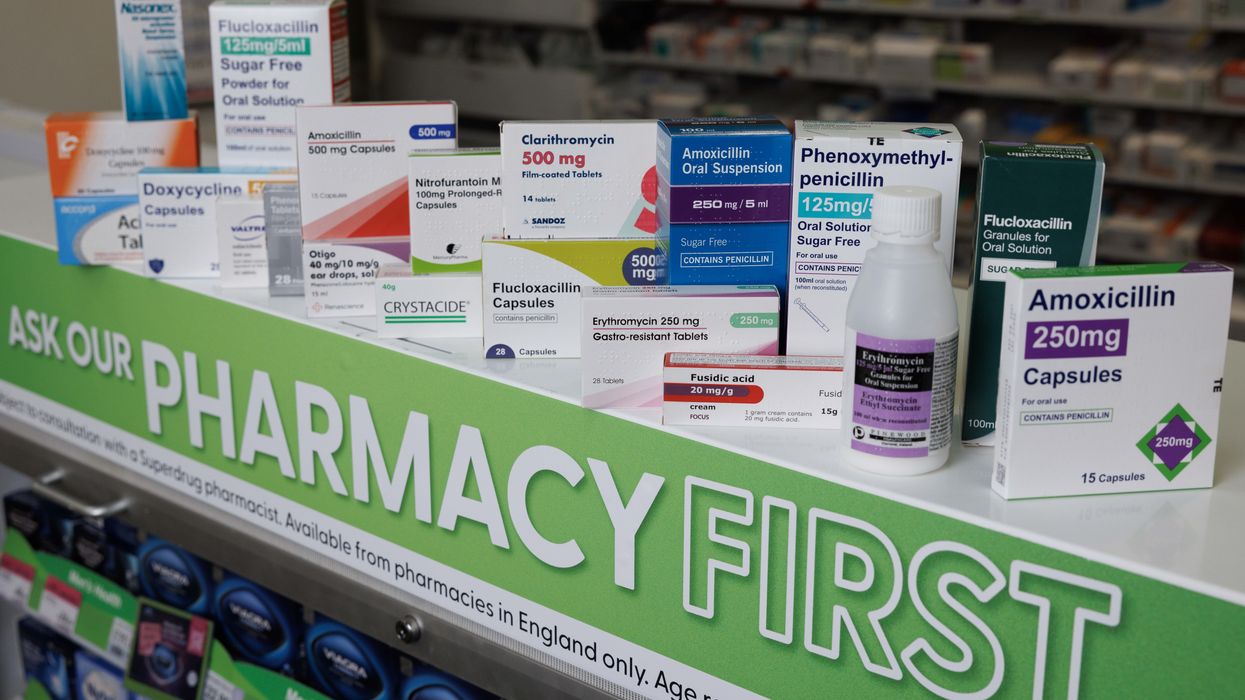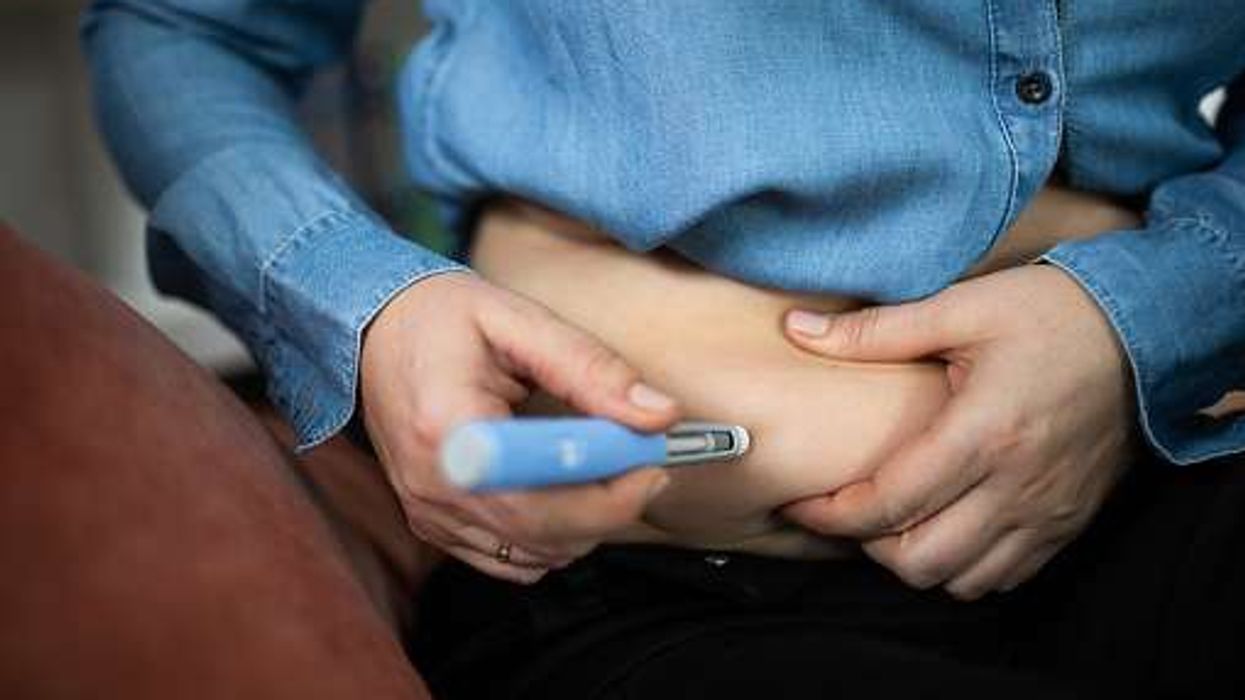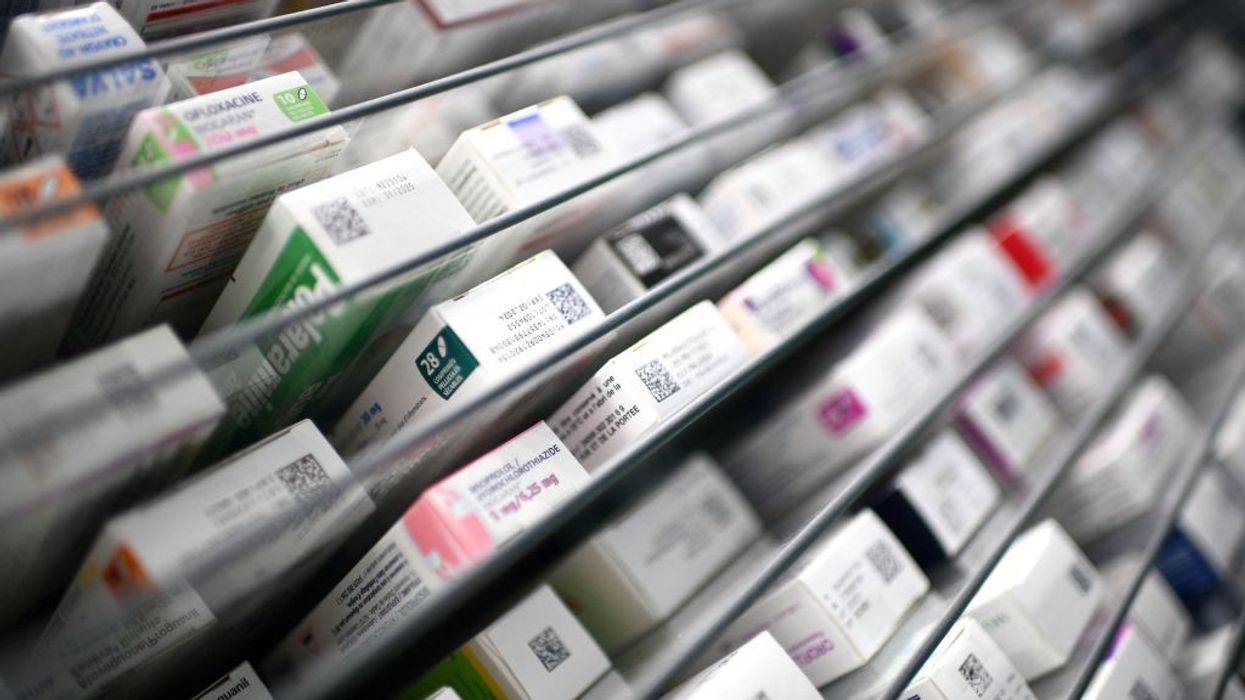Over three quarters (77pc) of respondents of a national poll agreed that it was more appropriate and more convenient for them to visit a pharmacist for minor ailments during the pandemic.
However, the new research also highlights a growing need for pharmacy to tackle a ticking time bomb of negative health behaviours that are beginning to emerge.
As selfcare takes centre stage, the survey, conducted jointly by market research company 3Gem Research & Insights and health communications agency Pegasus, discovered that the under 60s were leading the way in the movement.
20 per cent of under 60s purchased more multivitamins and 17 per cent bought more immunity boosting vitamins during the pandemic. In addition, more than a third (34pc) of under 30s were doing more home work-outs and 31 per cent were snacking on fruit and vegetables more often.
The findings also highlight a decreased reliance on the GP for minor ailments. However, the data does also suggest a few areas could be falling through the gaps with a reduction in GP visits for areas such as anxiety and stress but seemingly no uplift in pharmacy visits.
Trust in pharmacist is highest
Trust in the pharmacist is highest in the 50 and over age group where 71 per cent would trust a pharmacist to provide advice on diagnosing minor ailments, 83 per cent to provide advice on medicines and 66 per cent for advice on flu vaccines.
Pharmacy continues to represent a key retail channel with 39 per cent of people buying non-prescription medicines in store at pharmacies, with more than half (52pc) of those buying in this channel (n=1571) stating this is due to convenience and 32pc stating this is due to the advice pharmacists are able to provide about the products they’re buying.
Whilst general attitudes to pharmacy and self-care for minor ailments are promising, the pandemics overall negative impact on wellbeing is concerning.
Significant numbers have gained weight (43p), and one in ten (10pc) are smoking more often.
Mental health is also a concern with more people experiencing conditions such as stress and anxiety, along with trouble sleeping.
Fewer people are seeking healthcare professional advice for these, than before the pandemic, creating a need for pharmacy to seize their trusted position and ensure their mental health offerings, alongside smoking cessation and weight-loss services are front and centre.
Helen Donovan, Self Care Forum chair and professional lead for Public Health at the Royal College of Nursing, said: “The results around increased trust in the pharmacist is hugely encouraging, but this data also throws up some real concerns around the negative impact the pandemic has had on our health. However, these are areas where the community pharmacist can make a real impact and provide support in areas that are currently being missed completely.”
Sallyanne Smith, director at Pegasus adds: “Health communications is an area where data has always played a key role, but now more than ever we need to ensure we’re fully aware of both the positive and negative impact the pandemic has had on health and how it has influenced the choices people are making.
"As we hope to see a return to normality in 2021 it’s likely many people will look to regain control on their health and wellbeing. Pharmacies, and the OTC brands stocked within them, are not only well placed to support people with this but are finally gaining the recognition they deserve.”
The online survey of 4,000 UK nationally representative UK adults was carried out in the week between Oct 22 and October 29, 2020.











